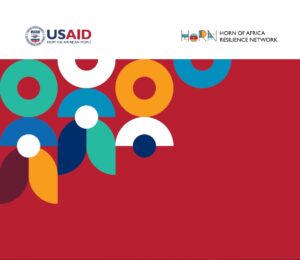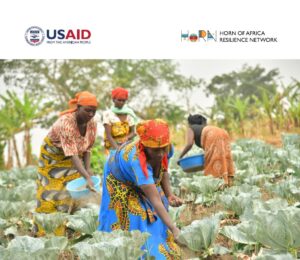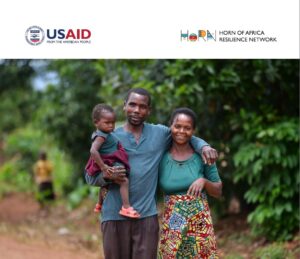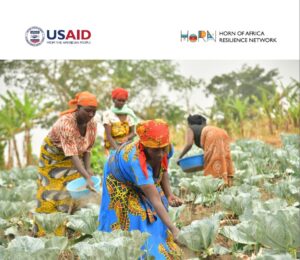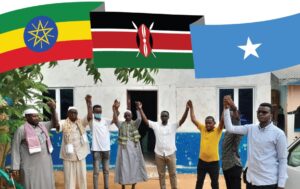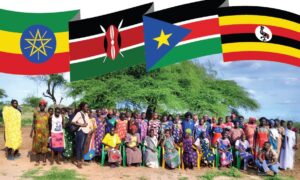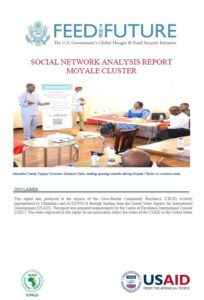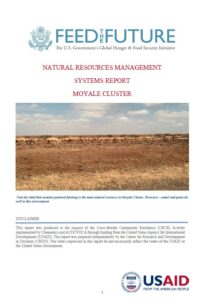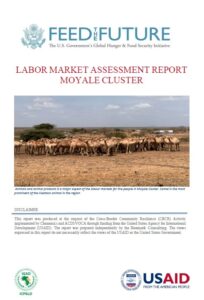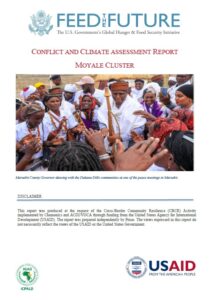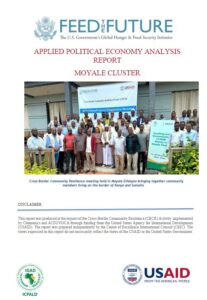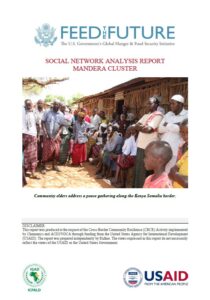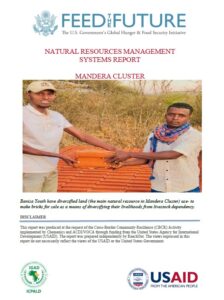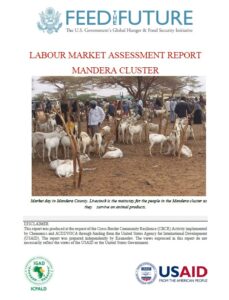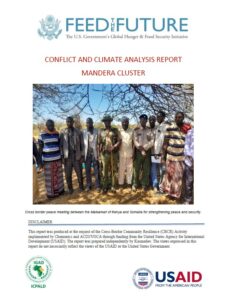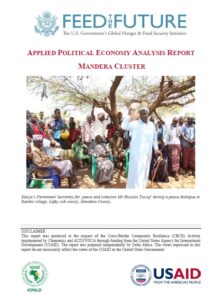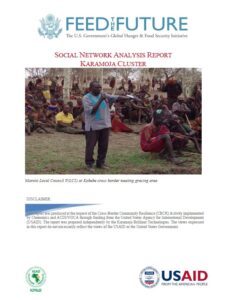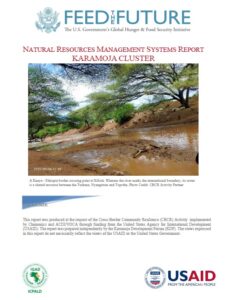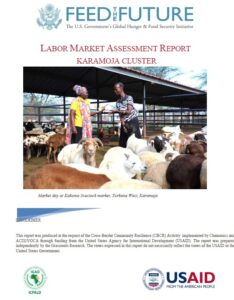
Karamoja Resilience Support Unit
The Karamoja region of northeast Uganda has a long history of violent conflict and under-development. Since 2011 the region has entered a period of relative peace and stability, and is now receiving a wide range of government and aid programs, with involvement from multiple international aid donors and NGOs. But what is working and why? Which approaches need reshaping? What can be scaled up, and where is the evidence to support this?
The Karamoja region of Uganda has unique development challenges, including low rainfall with risk of environmental degradation, food insecurity, and cross-border conflicts. Over 60 percent of the Karamojong population live below the Ugandan poverty line, compared to the national average of 27 percent. Recognizing this, the Government of Uganda created the Ministry for Karamoja Affairs (MfKA). Despite progress, there remains a need for improved coordination between the MfKA, the Government of Uganda, and the Karamoja Development Partners’ Group (KDPG), the primary vehicle for stakeholder collaboration in Karamoja.
The first Karamoja Resilience Support Unit (KRSU) was implemented by Tufts University, which provided assessments, studies, and analysis of development programs in Karamoja. KRSU II is mainly implemented by Tufts University as the key sub-awardee. It will build on its predecessor’s success and define new development priorities, develop implementation plans, and success indicators for the future.
The project focuses on knowledge management and coordination between donors, multilaterals, Government of Uganda, partners, and other stakeholders in USAID/Uganda Mission’s resilience zone of Karamoja, with the aim of strengthening the resilience of communities in Karamoja. The project provides targeted support to strengthen government policies and systems that build resilience in Karamoja, and assists the MfKA in coordination and in managing their own M&E and learning systems. KRSU II will facilitate coordination of GOU and development and humanitarian partners. This includes both networking support for Karamoja-based agencies and staff and identifying areas for collective action or actively supporting collaborations.
OBJECTIVES
- Turn Evidence into Action by generating and disseminating new evidence and reviewing existing research to see how the GoU, donors, partners, and USAID can inform development planning in Karamoja
- Promote and Foster Collective Action by facilitating coordination of GoU and development partners
- Improve GOU Coordination to Implement the Karamoja Integrated Development Plan
- Management and coordination of a learning agenda and development and dissemination of evidence and case studies for integrating planning and implementation of resilience activities. Effective learning agenda for a Karamoja Development Partners Group that is owned and used by all partners
- Provide a range of strategic, programmatic, and logistical support to the KDPG
- Facilitate learning sessions and joint strategic planning sessions for the KDPG and MfKA
- Create a strong evidence base to promote good policies that will increase the impact of programs on drought resilience and growth through assessments, evaluations and studies
- Help to capture current successes and create models in collaboration and integration for future activities
- Support and reinforce a demand-driven approach to policy research via the KDPG and MfKA
- Provide thematic surge support for arising/urgent subjects important to the region
